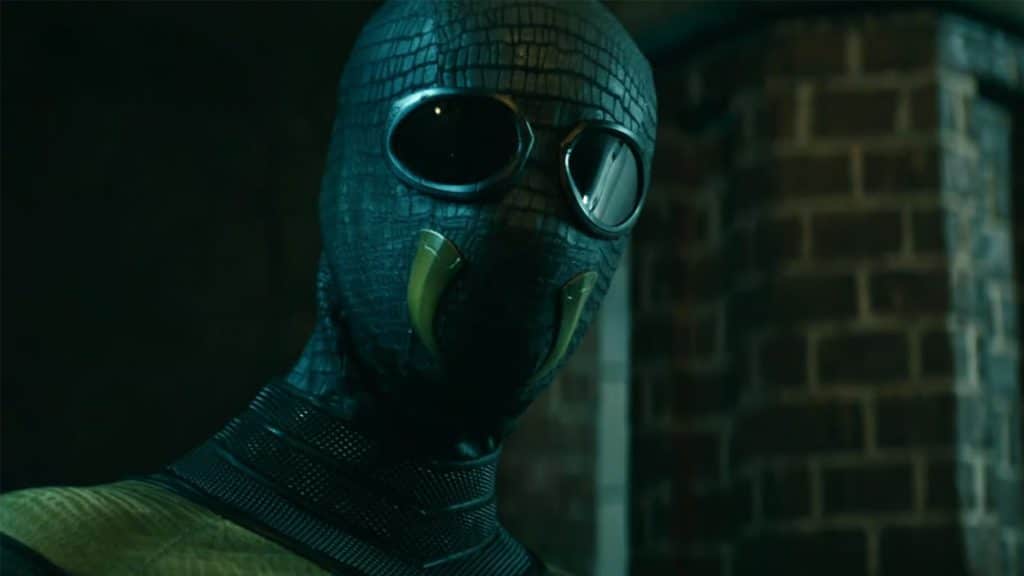The superhero genre has long been a fertile ground for parody, and “The Boys” series is no stranger to this tradition. Among its many satirical takes on well-known superheroes, one character stands out for its humorous and clever homage to a beloved figure: Webweaver, the Spider-Man parody.
Webweaver is a character in “The Boys” comic series, which is known for its irreverent and darkly comedic take on the superhero genre. Created by writer Garth Ennis and artist Darick Robertson, “The Boys” dismantles the glitzy facade of superheroes, often showing them as flawed and corrupt. Webweaver fits snugly into this narrative by providing a humorous twist on Spider-Man, one of the most iconic superheroes in popular culture.
Webweaver is introduced as a tongue-in-cheek nod to Spider-Man’s origin story. While Spider-Man’s tale begins with a bite from a radioactive spider, leading to extraordinary abilities and a sense of responsibility, Webweaver’s backstory is deliberately exaggerated and absurd, poking fun at the classic superhero trope of accidental empowerment. The essence of parody comics like “The Boys” is to take familiar narratives and turn them on their heads, and Webweaver is a prime example of this.
Parody comics often rely on humor to engage their audience, and Webweaver is no exception. The character’s antics and exaggerated behavior are a playful jab at the earnest and sometimes overly serious portrayal of superheroes in mainstream comics. By accentuating the quirks and flaws of the original Spider-Man character, Webweaver becomes a source of comedic relief.
The humor also stems from the juxtaposition of Webweaver’s seemingly noble intentions with the often chaotic and morally ambiguous world of “The Boys.” This contrast highlights the absurdity of traditional superhero ideals when placed in a more realistic and gritty context.
Parody comics like “The Boys” serve an important role in the comic book industry. They offer a fresh perspective on familiar stories, encouraging readers to question the norms and cliches of the superhero genre. By doing so, they contribute to a broader understanding of the cultural impact of these narratives.
Moreover, characters like Webweaver invite fans of the original stories to enjoy a lighthearted take on their favorite heroes. The comedic reinterpretation allows readers to appreciate the original characters in a new light, fostering both nostalgia and amusement.
In conclusion, Webweaver in “The Boys” is a brilliant example of how parody can breathe new life into well-known superhero tales. By combining humor with a sharp critique of superhero conventions, Webweaver not only entertains but also enriches the conversation about what it means to be a hero in today’s world.
